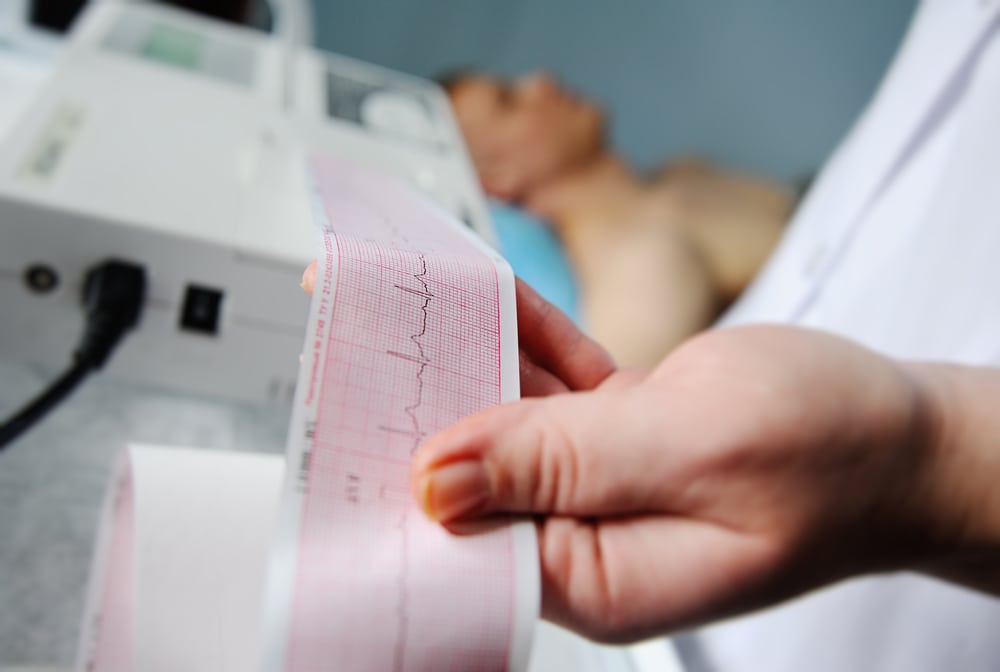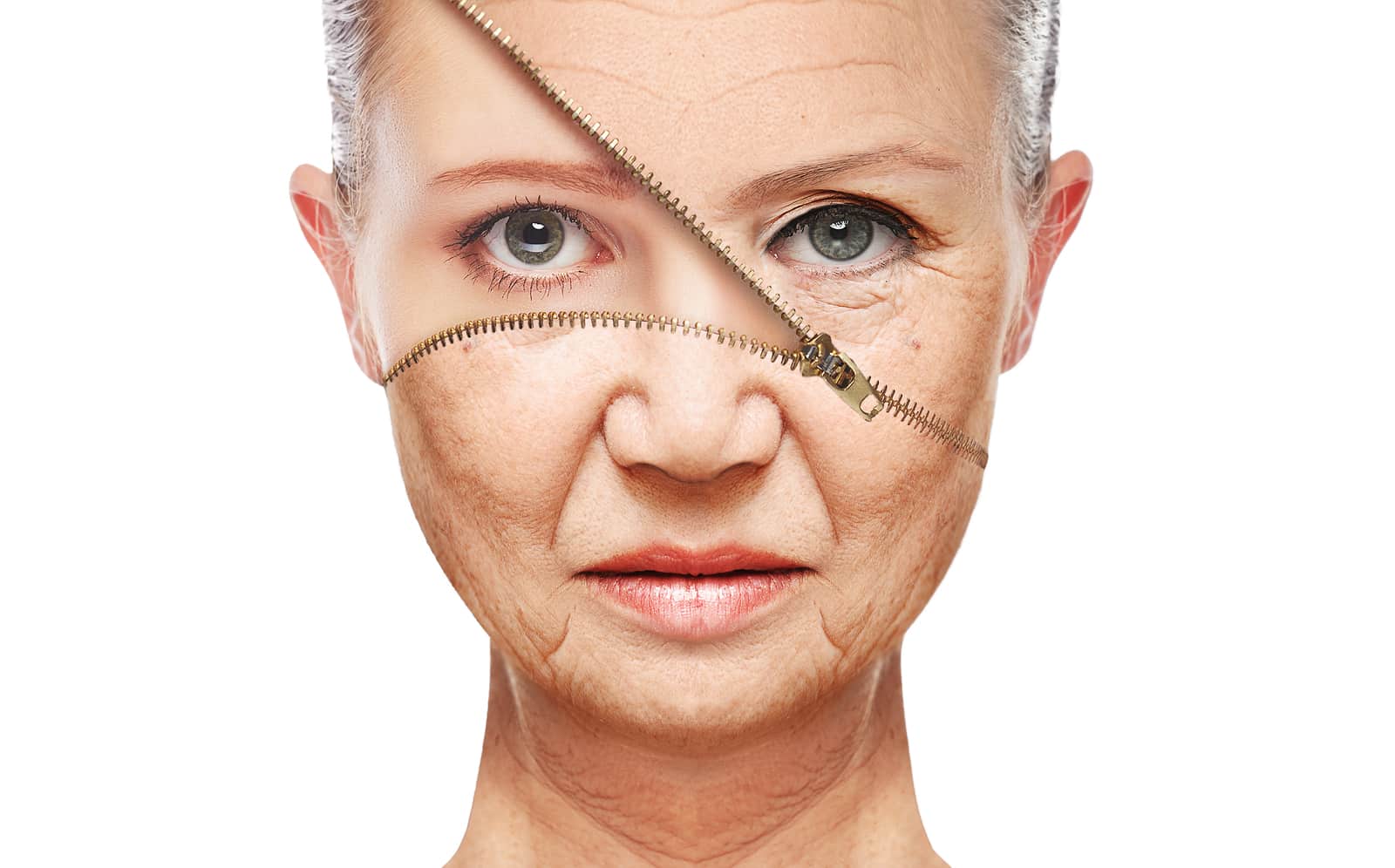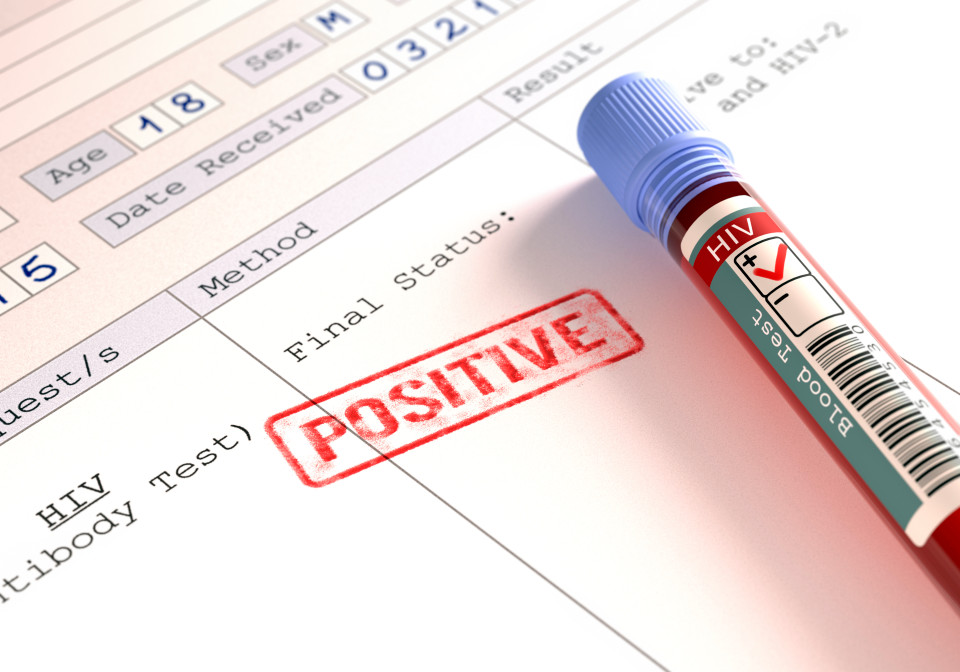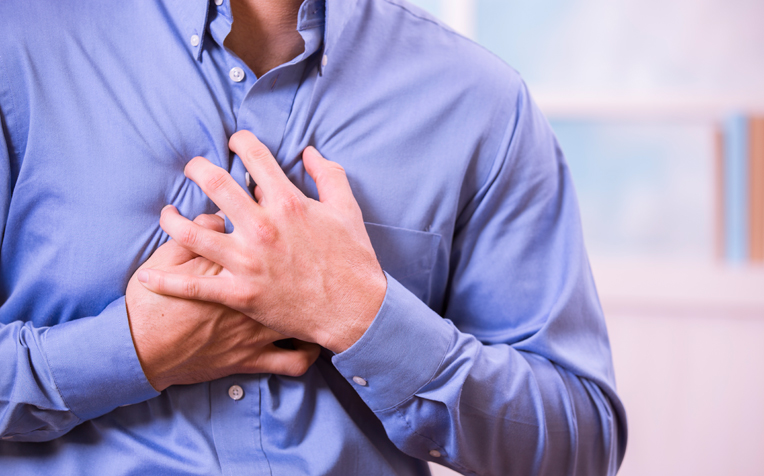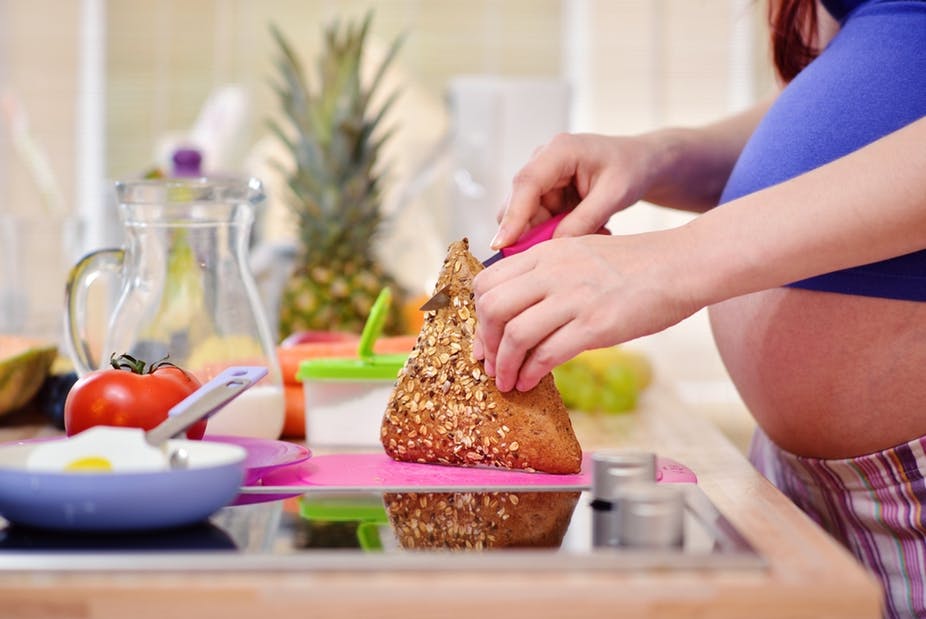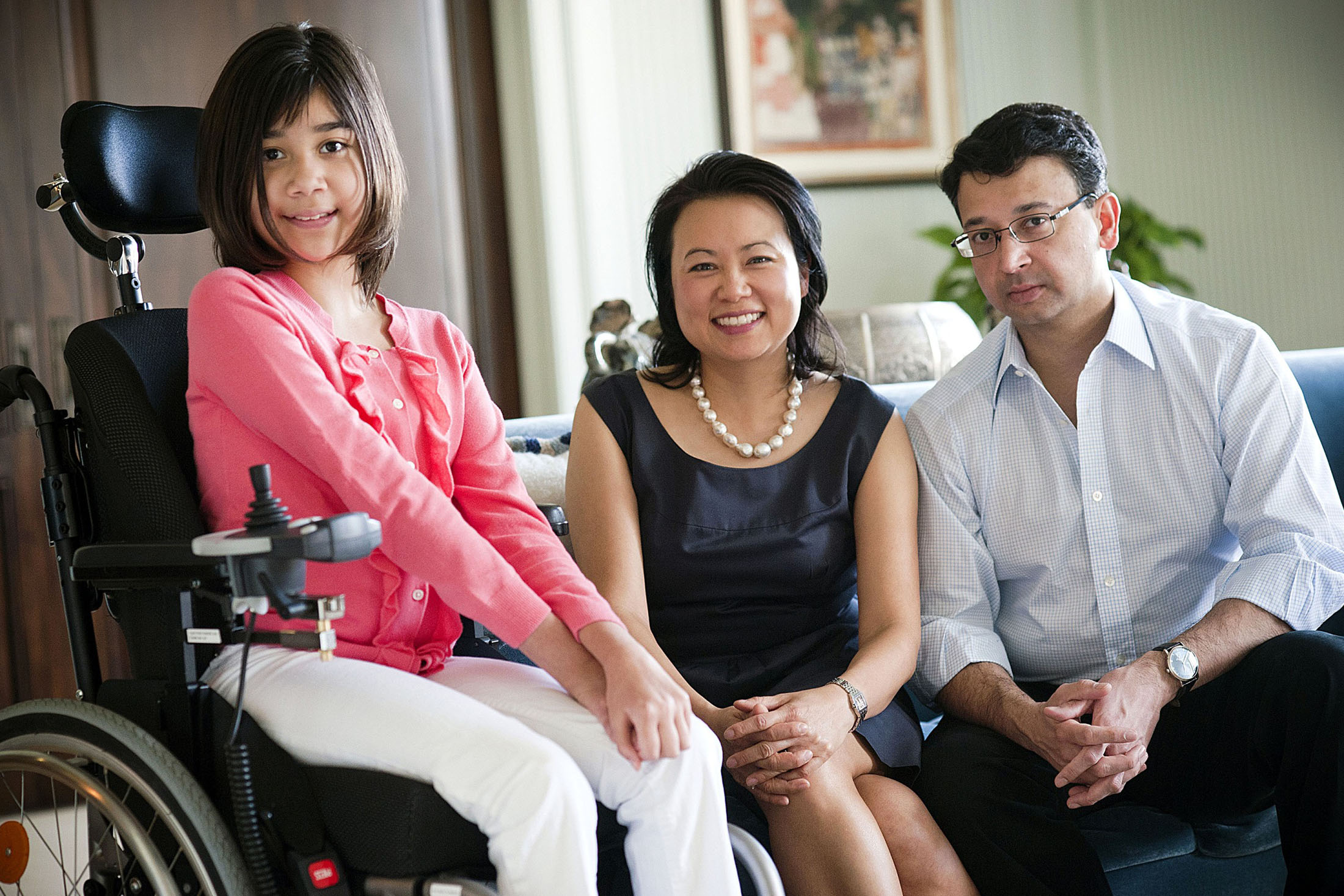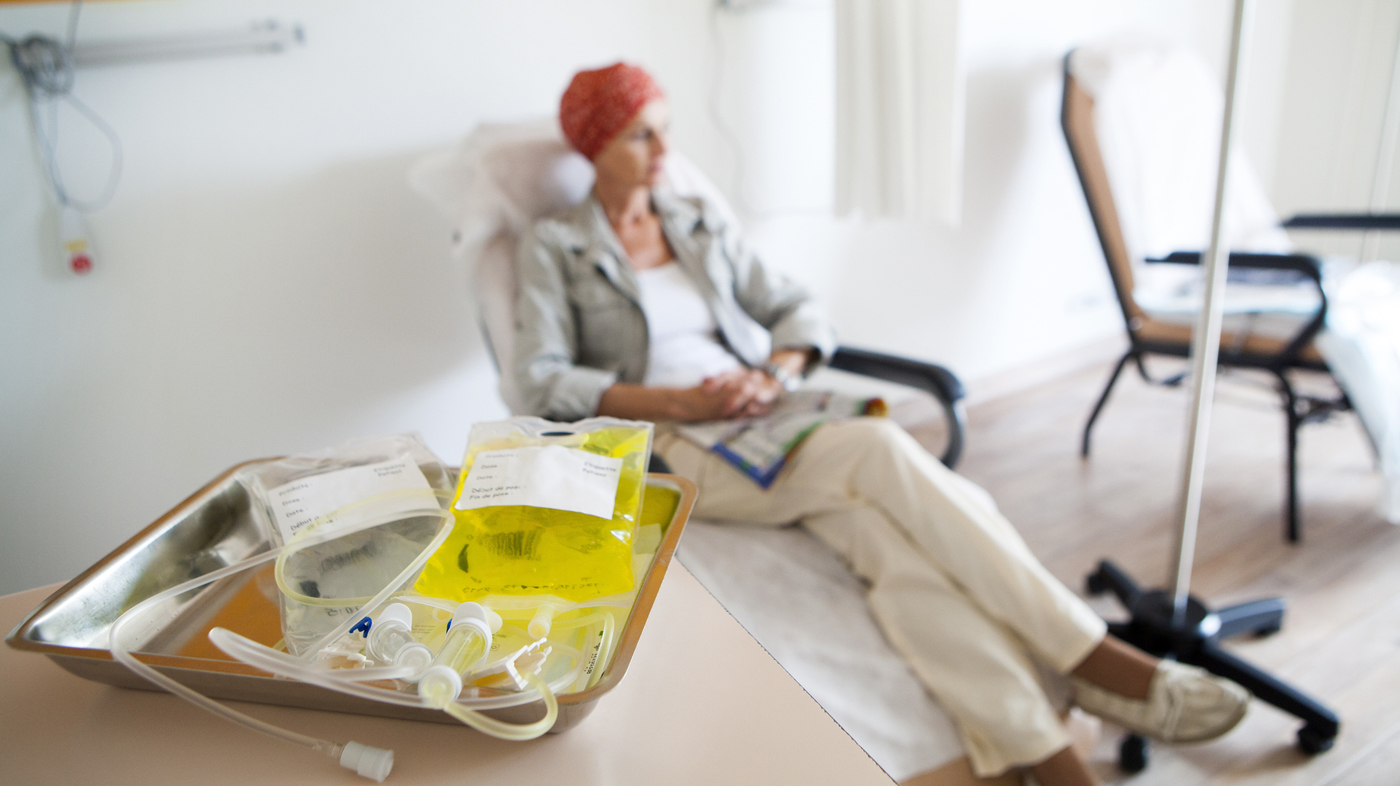Contents:
Medical Video: Treating High Blood Sugar | Hyperglycemia | Nucleus Health
- Definition
What is hyperglycemia?
High blood sugar levels (hyperglycemia) affect people who have diabetes. Several factors can contribute to hyperglycemia in people with diabetes, including food and physical activity choices, illness, non-diabetic drugs, passing or not drinking enough glucose-lowering drugs.
It is very important to treat hyperglycemia, because if left untreated, hyperglycemia can become severe and cause serious complications that require emergency treatment, such as diabetic coma. In the long term, hyperglycemia is left, even if not severe, can cause complications that affect the eyes, kidneys, nerves and heart.
What are the signs and symptoms?
The signs and symptoms of hyperglycemia are as follows:
- High blood glucose
- High levels of sugar in the urine
- Frequent urination
- Easy to thirst
Part of managing diabetes is routine blood glucose checks. Ask your doctor how often you should check and what your blood glucose level should be.
Blood tests and early treatment of high blood glucose will help you avoid problems associated with hyperglycemia.
- How to overcome
What should I do?
If you have diabetes and see one of the earliest signs of high blood sugar, take a blood sugar test and contact a doctor. The doctor will request the results of several examinations. He can recommend the following changes:
- Drink more water. H20 helps remove excess sugar from your blood through urine, and helps you avoid dehydration.
- Regular exercise. Exercise can help lower your blood sugar levels. But under certain conditions, it can make blood sugar higher. Ask your doctor what type of exercise is right for you.
Caution: If you have type 1 diabetes and your blood sugar is high, you need to check ketones in your urine. If you have ketones, don't exercise. If you have type 2 diabetes and your blood sugar is high, you must also ensure that there are no ketones in your urine and that you are well hydrated. So the doctor may give permission to exercise carefully as long as you feel able to do it.
Change your eating habits. You may need to meet a nutritionist to change the amount and type of food you consume.
Treatment. Your doctor can change the amount, time, or type of diabetes medication you are taking. Don't make changes without talking to your doctor.
If you have type 1 diabetes and your blood sugar is more than 250 mg / dL, your doctor may want you to have a ketone test in urine or blood.
Emergency Treatment for Severe Hyperglycemia
If you have signs and symptoms of diabetic ketoacidosis and hyperosmolar hyperglycemic syndrome, you may need to be treated in an emergency room at the hospital. Emergency treatment can lower your blood sugar to the normal range.
When do I have to see a doctor?
Go to hospital immediately if:
- You are sick and cannot eat food or liquid
- Your blood glucose level is constantly above 240 mg / dL (13 mmol / L) and you have ketones in your urine
Check with your doctor if:
- You have ongoing diarrhea or vomiting, but you can eat some food or drinks
- You have a fever that lasts more than 24 hours
- Your blood glucose is more than 240 mg / dL (13 mmol / L) even though you have taken your diabetes medication
- You have difficulty keeping your blood glucose levels within the desired range
- Prevention
The best course of action is to practice good diabetes management and learn how to detect hyperglycemia so you can deal with it early before it worsens.
The following suggestions can help keep your blood sugar within your target range:
- Follow your diabetes food plan. If you are taking insulin or oral diabetes medication, it is important that you have to be consistent about your amount and time for heavy and light meals. The food you eat must be balanced with the insulin that works in your body.
- Monitor your blood sugar levels. Depending on your treatment plan, you can check and record your blood sugar level several times a week or several times a day. Careful monitoring is the only way to ensure that your blood sugar level is within reach. Take notes when your glucose reading is above or below your range of goals.
- Take the medication prescribed by a doctor.
- Adjust your medication if you change your physical activity. Adjustments depend on the results of the blood sugar test and on the type and duration of the activity.

